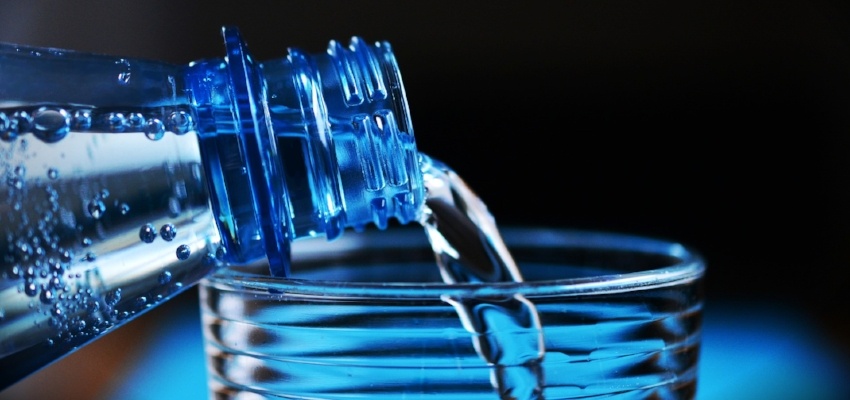Summer is here, and it is important to make sure you and the people in your life stay hydrated while the temperature continues to rise. As you go outside and enjoy the beautiful sunshine, make sure to keep hydration top of mind and take measures to prevent a potential health problem.
Why Seniors Are at Risk
Seniors are particularly sensitive to electrolyte and fluid imbalances because the body’s ability to regulate water diminishes with age, making it harder to adapt to fluctuating temperatures. Similarly, the body’s ability to recognize the sensation of thirst is reduced, making it so by the time you feel thirsty, your level of essential fluids could be extremely low.
Additionally, certain medications and conditions affect a senior's ability to conserve water. People with memory impairment may forget to drink or have a difficult time swallowing. Common medications like steroids, antipsychotics, antidepressants, and even allergy medications cause frequent urination, which in turn depletes the body’s water supply.
Symptoms of Dehydration
It's important that seniors and their loved ones be mindful of water intake and signs that something may be amiss. If you notice red flags, seek to remedy the potential dehydration or consult medical assistance if necessary. Do not rely solely on thirst. Instead, look for the following symptoms of dehydration:
- Headache
- Confusion
- Muscle Cramps
- Lethargy
- Constipation
- Dry Mouth
- Dark Urine Color
- Low Blood Pressure
- Reduced Urination
Preventing Dehydration
Most adults need at least 64 ounces of water every day to remain in optimal health. This increases with age, and depends on energy output, medications, and health conditions. Try to balance fluid intake with elimination. If you or your loved one is exposed to heat that causes sweating, drink more water. It is also important to remember that drinks that include caffeine act as a diuretic and do not contribute to optimal fluid intake. To compensate, you will need to drink additional water.
We hope you enjoy the outdoors this summer and remember these tips and signs to prevent dehydration!


